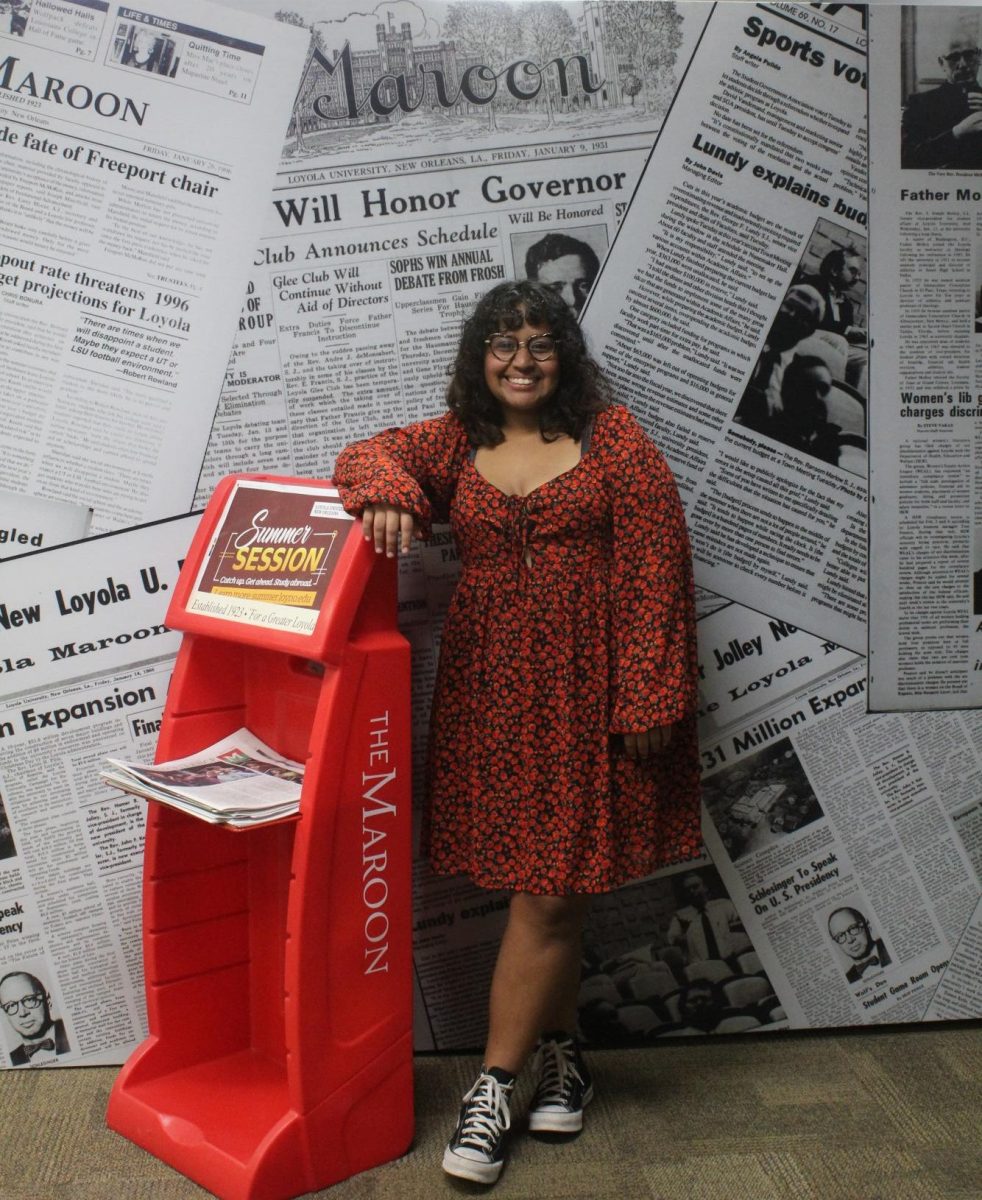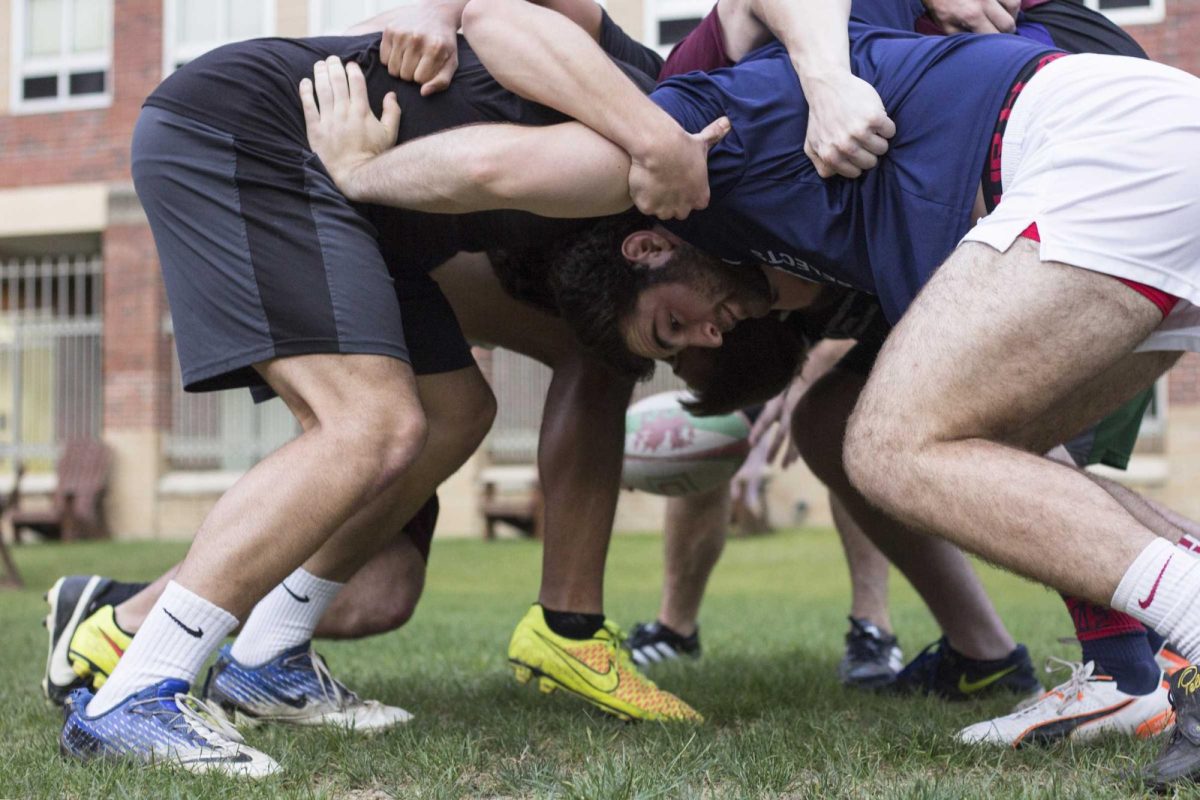General David Patraeus’ affair with biographer Paula Broadwell offers us academics a lesson in critical distance. Certainly there is a degree of passion required in order to fulfill a successful project. However, even more essential is the academic’s ability to locate that sweet spot between passion and objectivity. It’s great to love what you’re doing, and as college students, many of us find that studying what we care about yields better results. The point is, you should love what you do, do what you love – just don’t have sex with your homework.
Broadwell was in a position where she could literally have sex with her project. Most of us cannot do that, for a variety of reasons. Shakespeare is too dead to sleep with, and lab equipment items make awkward lovers. Broadwell’s subject was a real live person – Patraeus – and so when her passions conquered her objectivity as a biographer, these feelings translated themselves sexually.
It’s easy to understand why. Patraeus is a fascinating figure of modern American lore, and it was Broadwell’s job to understand that fascination, a project that only fueled her own admiration for the general. As for Patraeus, it’s easy to understand why someone would fall in love with the idea of a young woman wanting him so completely – both sexually and academically, desiring both Patraeus the body and Patraeus as an intellectual concept.
Passion has its advantages. What began as a dissertation turned into the biography “All In,” a best seller that received praise for its sincere and well-researched praise of the General. However, it also received some criticism for what it lacked in terms of objectivity. This is what happens when we get too close to our work.
Imagine working on a project you were truly passionate about, perhaps something you had a personal relationship to, a project in which something dear to you was at stake. Maybe it’s something to do with racial or gender or sexual orientation issues that are close to you. Your intimacy with your topic would certainly be an advantage, but you may cross into dangerous territory if you find yourself loving your subject too much.
When we love something, we assume a certain degree of truth within it. We set out knowing our feelings on the topic before we have completed all our research, and in that process, we complicate our ability to ask questions. Broadwell approaches the General’s legacy with absolutely no doubt in her mind of his greatness. This is why you don’t have sex with your homework. It’s easier to question a subject than a lover.
Chacha Murdick can be reached at gmmurdic@loyno.edu












